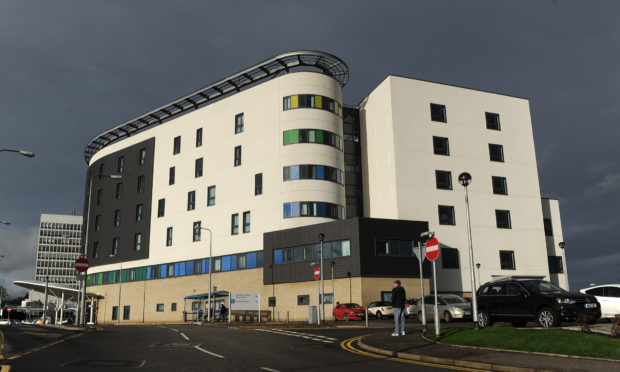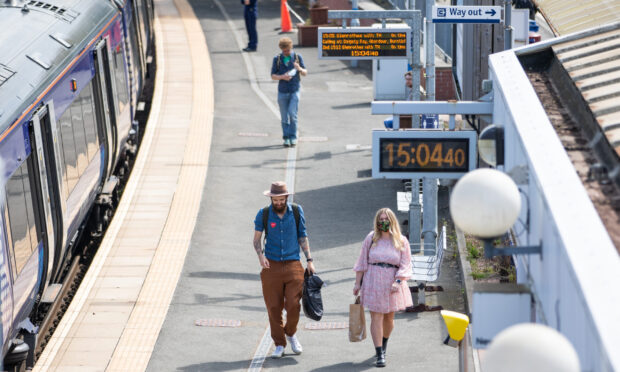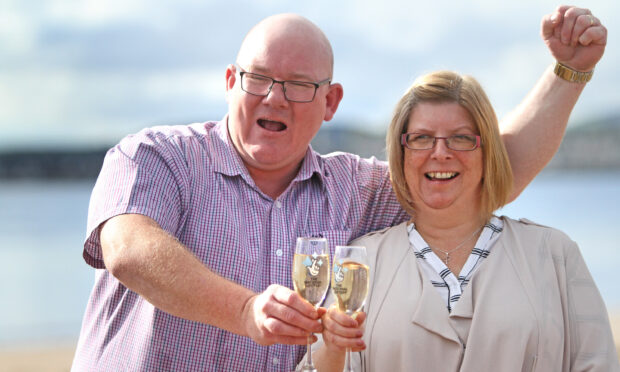The number of adults waiting to receive mental health treatment in Fife is continuing to rise.
A record number of people were referred for psychological therapies in the last three months and a third of those waiting are already in breach of the Scottish Government’s 18-week waiting time target.
NHS Fife said the number of people referred between July and September was the highest recorded in any quarter.
Referrals to children and adolescent mental health services (CAHMS) also continue to be significant, although the waiting list reduced by 30% between January and July.
While 30% of referred youngsters are still waiting longer than 18 weeks, it is considered that 88% of patients will be seen within the target time, by the end of March.
The government has decreed at least 90% of patients should wait no longer than 18 weeks from referral to treatment
A report to the NHS Fife board said: “Initiatives have been developed in order to ensure that the current CAMHS resource can meet the needs of those referred with the greatest identified need and are provided with timely interventions.”
Extra staff have been brought in to focus specifically on those waiting the longest, allowing other workers to provide urgent and priority interventions.
Regarding adult mental health services, the report added: “The overall waiting list and the number of patients already breaching the 18-week target have grown significantly over the last year and this trend impacts on the ability to make any sustained improvement towards the standard.”
It said everyone with less complex needs in need of brief therapy was receiving it on time.
“Overall performance reflects the longer waits experienced by people with complex needs who require longer term treatment.”
A redesign of the service and a new cohort of trainees is expected to result in significant progress on waiting times.
Michael Kellet, director of Fife’s health and social care partnership, said: “Regarding the CAHMS performance, we continue to see an upward trajectory.
“The information we have is performance against trajectory was 75% in July and 78% in August.
“We are continuing to see an upwards movement in CAMHS which is something the Integrated Joint Board has been concerned about for some time.
“Our whole agenda for CAMHS is focused on early intervention and we’re working with schools on that.”
Mr Kellet said psychological therapies remained challenging and added: “There is a particular challenge about meeting the needs of those with the most complex needs.”










